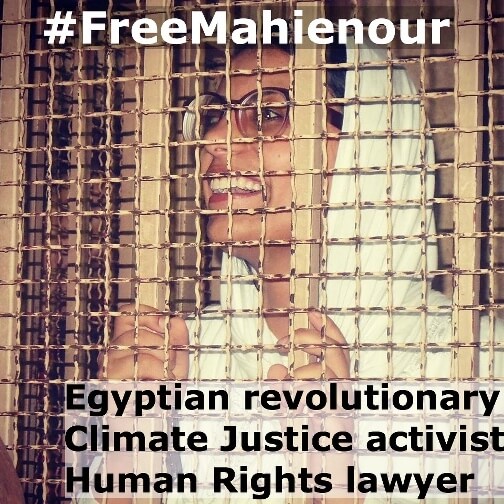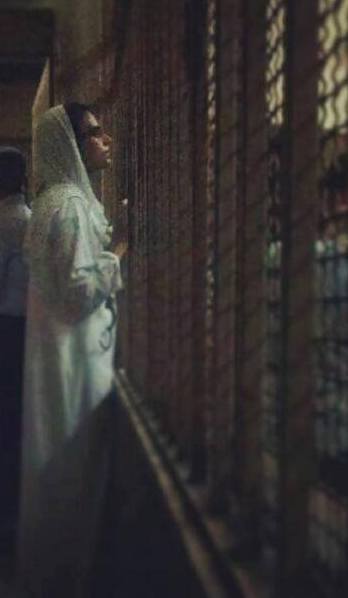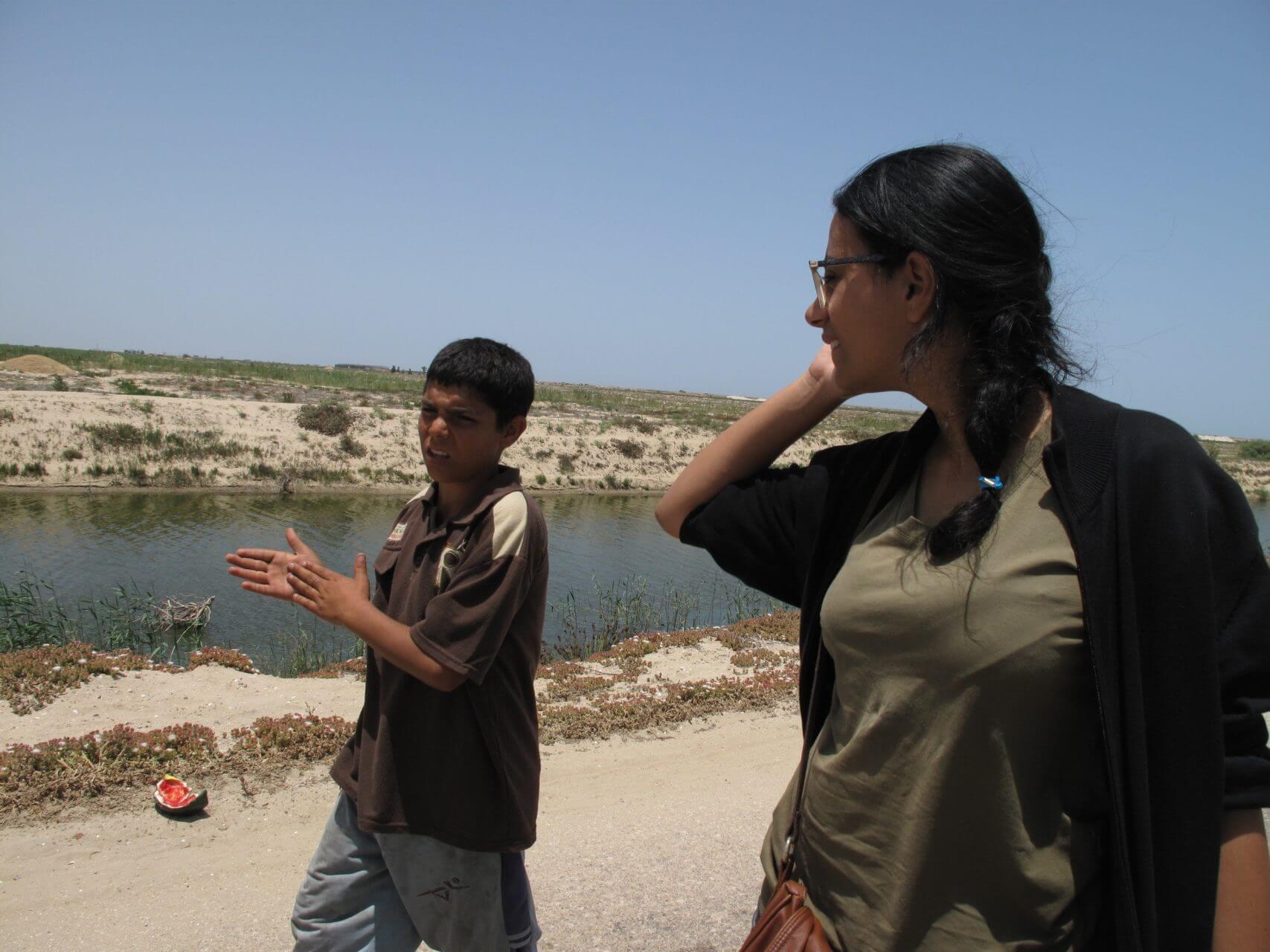Our ally Mahienour El-Massry is facing 2 years in jail in Egypt for speaking out against human rights abuses. This Sunday 31 May, a court will rule on her case. She faces a two year sentence on trumped up charges, for a small lawyers protest at Raml police station after cops assaulted another lawyer.
The military-run regime in Egypt wants her in jail, because they know she inspires people to challenge injustice.
 Mahienour is a path-breaker. She’s a crucial voice in demanding climate justice in Egypt. She worked with small farmers and fisherfolk in the Nile Delta who are being devastated by rising temperatures and sea levels. Mahienour played a key role in articulating how class struggle and climate change fit together in Egypt. She spent years bringing supporting factory workers and frontline communities to fight for their rights.
Mahienour is a path-breaker. She’s a crucial voice in demanding climate justice in Egypt. She worked with small farmers and fisherfolk in the Nile Delta who are being devastated by rising temperatures and sea levels. Mahienour played a key role in articulating how class struggle and climate change fit together in Egypt. She spent years bringing supporting factory workers and frontline communities to fight for their rights.
Mika: You travelled throughout the Nile Delta, meeting farmers whose fields were turning to salt. How did you engaged with climate change?
Mahienour: I’m from Alexandria. So I always knew that our city might drown from climate change. We grew up seeing the cement blocks that protect the shoreline.
But it was only while researching climate change and migration with Shora Esmailian that I understood how important this is. I saw the scale of potential destruction, and how the violence of climate change is shaped by class. That the poor, the small farmers – they’ll be affected the worst and have their lives ruined.
Then I remembered that the cement blocks in Alexandria aren’t in poor areas either, like Baheri. All the sea defences are set up to defend the rich. In other places it’s the same, like Dumyat, Ras El-Barr. Protection is built to defend tourist resorts, corporate factories like the oil infrastructure, and military installations. Not where ordinary people live.
Mika: Does it feel like people are mobilising for just and radical ways to deal with climate change?
Mahienour: I hear a lot of people say “This change is coming from outside, we can’t do anything. We just have to put up with it.”
But there are exceptions. Especially near factories. Here people see the role of power and class. For example, the community of Wadi Al-Qamar. They live next to a large cement factory, owned by Lafarge and Titan – French and Greek multinational companies.
The pollution is heavy, and many of the young children get asthma and bronchial diseases. So the community were fighting for years to get filters installed. Lafarge and Titan refused, and wouldn’t provide medical support either. Even though they were getting government subsidies for fuel and electricity.
Workers went on strike in February 2013, demanding medical treatment. The police attacked the protest and set dogs on the workers. Two workers were thrown down two floors, and then arrested. There weren’t allowed to see a doctor in prison, despite broken bones. We had to fight hard to get them out.
Now, the Lafarge cement factory is switching to using coal. That means even more pollution and illness. And much worse impacts for the climate – which affects all of us. Especially here in Egypt. So people in Wadi Al-Qamar are organising to protest.

© Shora Esmailian
Mika: Egypt will be fundamentally transformed by climate change in the next 20 years. Do you have any hope, thinking about the future and climate change?
Mahienour: It depends on how climate change is tackled. Will it be led by the elite? They’re not speaking to the people. Even when they say they are, when they claim to represent the people. Small fisherfolk and farmers – they will be the most affected. But they’re not organised in syndicates or collectively. That makes it difficult for them to exert power, pressure – to demand a different world.
Farmers’ co-operatives do exist. But these are mostly for taking fertilisers, buying materials, not for organising. There isn’t space for politics. There is a new farmers trade union – but people in the [Nile] Delta didn’t know about it when I spoke to them.
After January 25, people had hope. Now, people are afraid to face the regime. Especially as it’s coming back more and more brutal.
